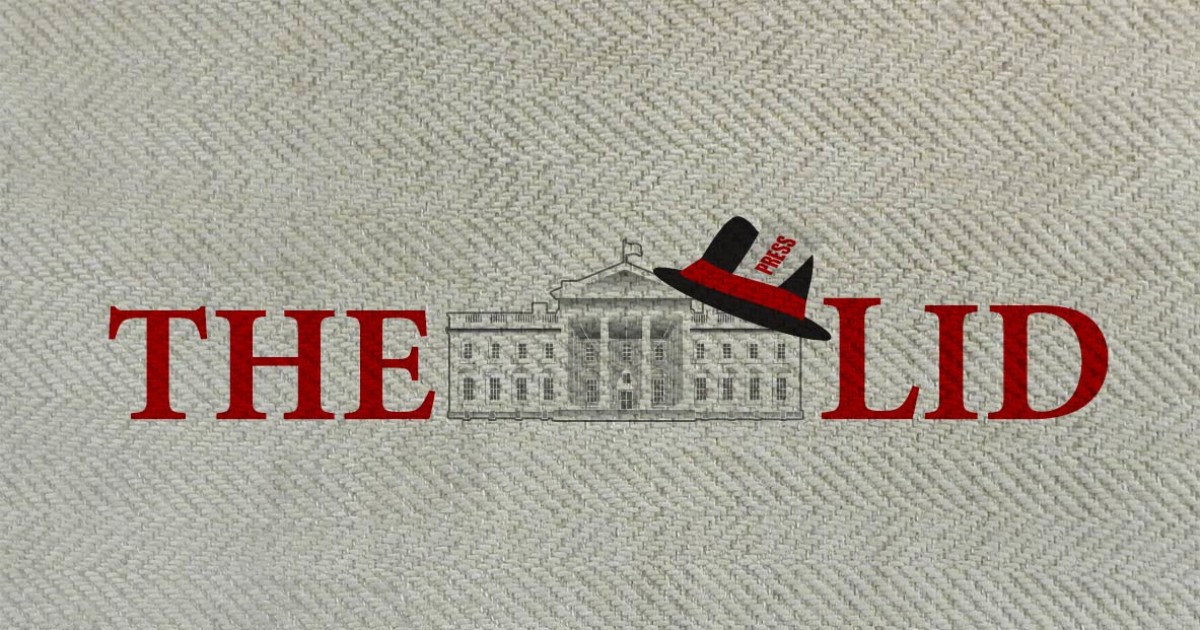According to a report by Peter Schweizer presented in a Wall Street Journal piece, and released in a report called “From Russia With Money,” Secretary of State Hillary Clinton oversaw “a major technology transfer initiative” that “may have substantially undermined U.S. national security.” Coincidentally (if you believe in coincidences) the Clinton Family enriched themselves out of the deal. This was all part of the failed Clinton effort to improve relations with Russia that began with presenting Russian Foreign Minister Sergei Lavrov with a button she thought said “reset” in Russian, but it actually said “overcharged.”
According to Mr. Schweitzer a key program of the “reset” was to help Russia develop its own version of Silicon Valley. Called “Skolkovo” and located near Moscow, it housed technology for developing biomed, space, nuclear and IT technologies.
“According to leaked U.S. government cables, U.S. State Department officials beginning in 2009 played a substantial role in assisting Russian government entities in accessing U.S. capital and in seeking investments in U.S. high technology companies.”
(…) Skolkovo was launched as “entirely a state project,” in the words of Walter Laqueur writing in Foreign Affairs. There would be housing for 30,000 people, as well as schools, shops, and parks designed by the government. The Russian government pledged to spend some $5 billion over three years to put Skolkovo together. The Russians desired major U.S. tech firms in Skolkovo. A Skolkovo Foundation was established to manage that effort. Ultimately dozens of U.S. tech firms including Cisco, Google, and Intel would make major financial contributions to the project
On first glance the project itself seem benign and possibly a good deal for both sides, the Russians get access to American cash and some of the country’s best technology, the U.S.-based companies, gets access to the Russian market, receive special tax status and “special access to research in Russia. For example, one investment firm received “priority access to the database of the Skolkovo Foundation projects and companies, enabling it to select the most promising projects early in their development.”
(…) however, the state-of-the-art technological research coming out of Skolkovo raised alarms among U.S. military experts and federal law-enforcement officials. Research conducted in 2012 on Skolkovo by the U.S. Army Foreign Military Studies Program at Fort Leavenworth declared that the purpose of Skolkovo was to serve as a “vehicle for world-wide technology transfer to Russia in the areas of information technology, biomedicine, energy, satellite and space technology, and nuclear technology.”
Moreover, the report said: “the Skolkovo Foundation has, in fact, been involved in defense-related activities since December 2011, when it approved the first weapons-related project—the development of a hypersonic cruise missile engine. . . . Not all of the center’s efforts are civilian in nature.”
So Ms. Clinton’s Skolkovo project is helping to develop military technology for what Mitt Romney famously (and correctly) called America’s #1 geopolitical foe, Russia.
But more than that, Skolkovo may have created a for Russia a legal way to gain access to America’s classified technology, the kind of access they used to use espionage to access:
Technology can have multiple uses—civilian and military. But in 2014 the Boston Business Journal ran an op-ed placed by the FBI, and noted that the agency had sent warnings to technology and other companies approached by Russian venture-capital firms. The op-ed—under the byline of Lucia Ziobro, an assistant special agent at the FBI’s Boston office—said that “The FBI believes the true motives of the Russian partners, who are often funded by their government, is to gain access to classified, sensitive, and emerging technology from the companies.”
Ms. Ziobro also wrote that “The [Skolkovo] foundation may be a means for the Russian government to access our nation’s sensitive or classified research development facilities and dual-use technologies with military and commercial application.”
The military use of the Skolkovo-developed technology should not be a surprise to Ms. Clinton:
A State Department cable sent to then-Secretary Clinton (and obtained via WikiLeaks) mentioned possible “dual use and export control concerns” related to research and development technology ventures with Moscow. And in its own promotional literature Skolkovo heralded the success of its development of the Atlant hybrid airship.
“Particularly noteworthy is Atlant’s ability to deliver military cargoes,” boasts the Made in Skolkovo publication: “The introduction of this unique vehicle is fully consistent with the concept of creating a mobile army and opens up new possibilities for mobile use of the means of radar surveillance, air and missile defense, and delivery of airborne troops.”
While Ms.Clinton was helping Russia develop new military technology with the Skolkovo deal, like so many of Hillary Clinton’s projects as Secretary of State (and revealed in Schweizer’s book Clinton Cash and movie of the same name) the Clintons found a way to use Skolkovo to enrich themselves:
In 2012 Skolkovo released its first annual report which identified the “key partner service”. Key Partners are entities who have made substantial commitments to develop the Skolkovo research facility.49 Conor Lenihan, vice president of the Skolkovo Foundation, who had previously partnered with the Clinton Foundation, released a PowerPoint presentation that included a list of 28 Russian, American, and European Key Partners. Of those 28, 17 of them, or 60 percent, have made financial commitments to the Clinton Foundation or sponsored speeches by Bill. The Clinton Foundation only discloses donations in ranges, so it is impossible to determine the precise amount of money the Skolkovo benefactors gave to the Clinton Foundation, but based on those disclosures, the money ranges from $6.5 to $23.5 million. However, keep in mind that the Clinton Foundation has admitted that it has failed to release the names of all of its contributors, so the amount could be substantially higher.
As Schweitzer told the New York Post, “It raises the question — do you need to pay money to sit at the table?”
“We don’t have an email or a pirated voice mail message saying ‘We’ll give you money if you help us with Skokovo. But what we do have is a pattern that shows a high percentage of participants in Skolkovo who happen to be Clinton Foundation donors”
An interesting point coming out of this report by Peter Schweizer. It’s interesting that Ms. Clinton has been attacking Donald Trump for making a joke about Russian hacking. On the other hand, this report proves that with Ms. Clinton behind the controls Russia doesn’t have to hack to gain access to our classified technology, as long as they get their pound of flesh.
There is much more to this report including the involvement of friend of the Clintons (and Hillary’s Campaign director) John Podesta. I strongly recommend you click here and read the entire report
Note: if you haven’t yet seen the movie Clinton Cash, you can see it for free by clicking here






